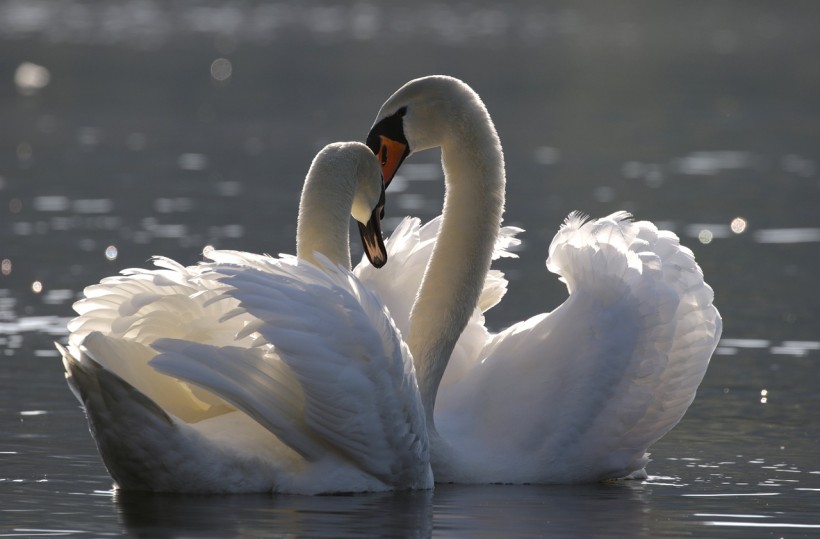Teams of experts from the Marine and Wildlife Rescue (MWR) and the RSPCA are patrolling the Norfolk Broads to find and euthanize swans with symptoms of avian influenza as the worst-ever outbreak in the UK intensifies.
They are using vessels to search the waterways for severely sick birds, especially after one patrol found 35 bird carcasses on a single five-mile stretch between Horning and Wroxham. MWR experts said that the outbreak seems to be particularly acute among swans.
MWR's Dan Goldsmith told BBC: "These birds have to be euthanized because they will not get better, and you can't take them to a bird rehabilitation center if they are suspected to have the disease, because it could spread."

Norfolk Broads Swans With Symptoms of Avian Flu to be Euthanized After Finding 'Unbelievable' Number of Dead Birds
UK's Epicenter for the Worst-Ever Avian Flu Outbreak
The Broads Society chairman Paul Rice said earlier that the Department for Environment, Food, and Rural Affairs (DEFRA) should be doing more in response to the current bird flu outbreak in the wild. Mr. Goldsmith contacted DEFRA but there is no coordination yet.
Meanwhile, DEFRA advises the public to leave any carcasses alone and immediately report them to authorities. But landowners should dispose of corpses themselves.
The government has declared East Anglia as the epicenter of the worst-ever avian flu outbreak in the UK and has imposed strict biosecurity measures, such as keeping birds indoors across Norfolk and Suffolk, including the Broads National Park and some parts of Essex.
The Broads Society asks the government for help due to the bird flu outbreak, BBC reported earlier. More than 170 avian flu cases have been found across England last year that resulted in the culling of 3.2 million poultry as well as captive birds. The biosecurity measures the government imposes apply to poultry and captive birds regardless of their type or size.
Mr. Goldsmith reiterated that this current bird flu outbreak is nothing like the past issues given the sheer number of dead birds on the Broads is unbelievable, wherein most birds being affected are swans. Some of them are not very accessible and dead ones are on the waterways, banks, and private quays.
BBC contacted DEFRA who referred to their latest guidance, which was reiterated by the Broads Authority. Despite the scale of the outbreak this year, the UK Health Security Agency advised that the risk of human transmission was very low.
READ ALSO: Why Avian Influenza or Bird Flu in Humans Is More Severe Than Other Viruses
The Role Wild Birds Play in Bird Flu Transmission
According to the World Organization for Animal Health (WOAH), avian influenza viruses are shed in the feces and respiratory secretions are spread via direct contact with infected birds. The virus could be carried on farm equipment and spread easily from farm to farm given its resistant nature and ability to survive for long periods in low temperatures.
Migratory wild birds are the natural host and reservoir of bird flu viruses. The virus can be harmless or fatal and sometimes they show little to no symptoms of the infection. Due to that, they could spread the viruses between countries or over long distances. They also play a big role in the evolution and maintenance of viruses during low seasons.
Direct contact or exposure of farmed birds to wild birds is the likely mode of transmission of the virus. Therefore, it is crucial to limit their contact to lessen the risk of infection.
RELATED ARTICLE: Bird Flu Outbreaks in Norfolk, Suffolk Causes All Poultry There To Be Kept Indoors
Check out more news and information on Bird Flu in Science Times.














